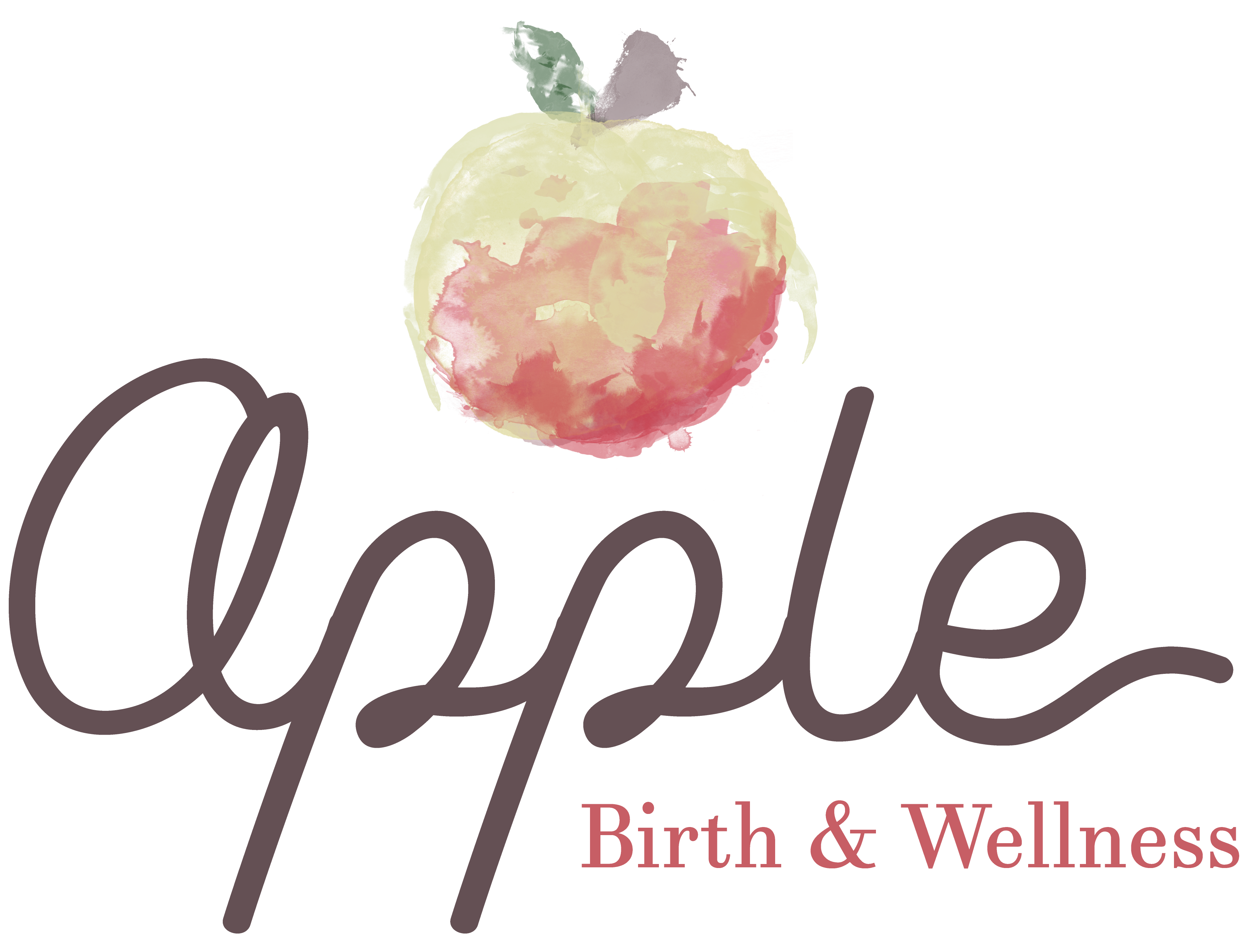– Ariel Rubin, Certified Lactation Counselor
Breastfeeding is a time-intensive, sometimes exhausting, incredible adventure, and you’ll want to prepare yourself for success before your baby arrives.
Here are my tips:
1. Take a breastfeeding class. A breastfeeding class will review how to help your baby latch, how often newborns nurse, how to tell whether the baby is transferring milk, whether pain while nursing is normal, etc. As a lactation counselor, we acknowledge a lost generation of nursing experience, as many mothers and grandmothers did not nurse because of highly effective formula campaigns from the 1960s-early 2000s, especially in communities of color. The more information you have, the more confident you will feel in knowing that your baby is feeding well and knowing when to ask for support.
2. Set the scene for success. Newborns can nurse 10-12 times a day and cluster feed for an hour or more. Your hands will literally be occupied keeping the baby in place. Do you have a partner who can take care of meals and diapering so you can rest between feedings? Consider stocking frozen meals and try to keep diapers close to your favorite nursing chair. Do you have a friend who can text every day to see if you need anything? This very intense feeding period is quite short. Don’t worry; newborns are overwhelming, whether you choose to nurse or not and they quickly outgrow this phase as their stomach grows, they learn to feed effectively, and you learn their cues to encourage sleep.
3. Plan a support team. Keep the number of a lactation counselor on hand in case you need help. New parents turn to friends, family, and the internet with feeding questions, but Lactation Counselors provide up-to-date, evidence-based information on best practice. Pediatricians should be consulted for medical questions, but they often do not receive breastfeeding information in their training, so working with a specialist will get you the answers you need as quickly as possible.
4. Set goals. Talk to your loved ones about your breastfeeding goals before you deliver. Well-meaning friends and relatives often make comments that can undermine a new mother’s confidence. A question about “whether the baby is getting enough milk” or a comment like, “You look so tired; I wish I could feed the baby for you” may be well-intentioned, but they can also cut short a nursing mother-infant relationship. Talk to your pediatrician and your circle about your goal and make sure that they are there to support you.
5. Consider your nursing supplies. You don’t need a lot of supplies and gear to start. Consider a comfortable, loose-fitting nursing bra for the hospital and first couple of weeks postpartum, but you will want a well-fitting nursing bra once you know what size to purchase. You can order them online, so this does not necessitate a trip to the store. A nursing pillow may be helpful but is not necessary. If your insurance provides a breast pump, go ahead and order; however, unless you run into serious challenges, avoid using it in the first six weeks as your milk supply stabilizes. You do not need any special foods or pills to increase your milk supply and you can wait to purchase almost everything else until after you deliver.
6. Encouragement for the journey. Breastfeeding is beneficial to the health of both mother and baby, and for many it is an incredibly wonderful bonding process, but nursing does not have to be all or nothing. Keep the flexibility to adjust your nursing goals as needed to ensure you and your baby are getting what you need.

